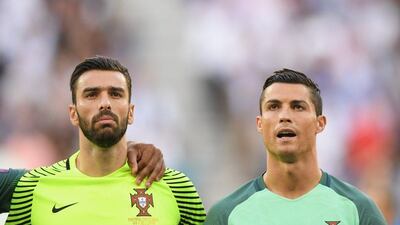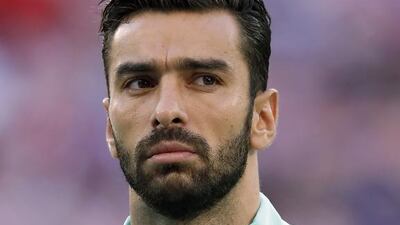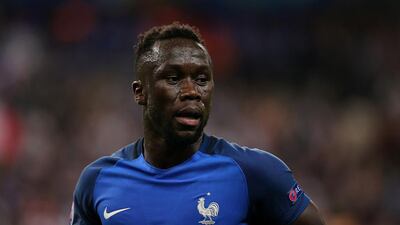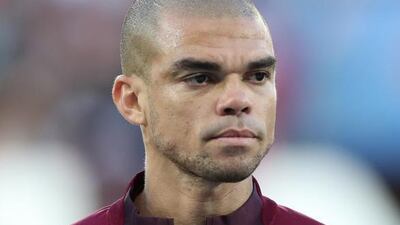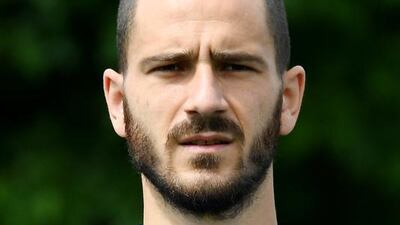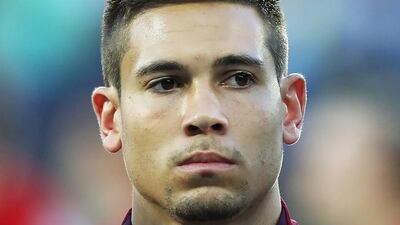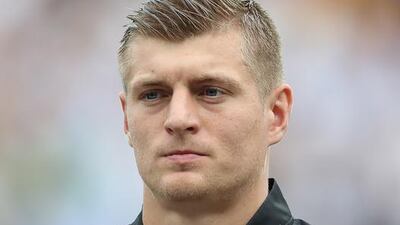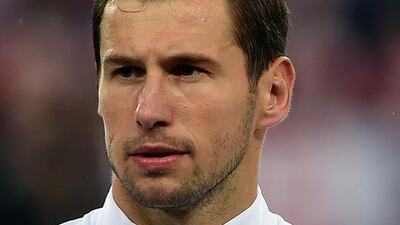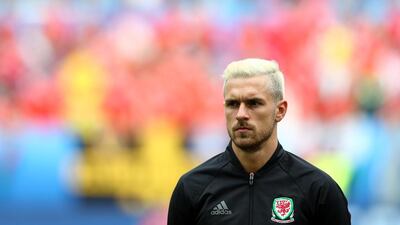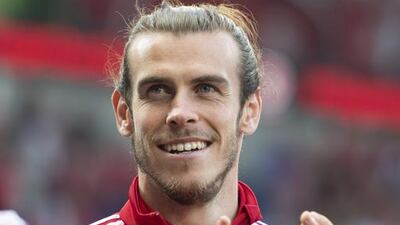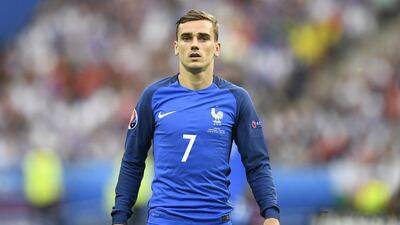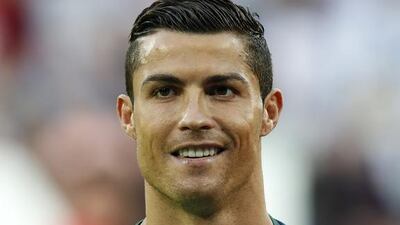Click or swipe through for more
English football correspondent Greg Lea picks his starting 11 (a 4-3-3, if you're curious) for the 2016 European Championships.
Also, see our Best and Worst of the tournament.
Rui Patricio, Portugal
• Patricio was arguably man of the match in the final, capping off a marvellous tournament between the sticks for Portugal. It was hard to blame him for any of the goals the champions conceded, with the Sporting Lisbon custodian bringing a calming presence to his team’s backline.
Bacary Sagna, France
• Sagna was quietly effective at right-back for the hosts, even if there was not a great deal of competition in his position. The Manchester City man showed great energy in getting up and down the flank and made some timely tackles and interceptions at the back.
Pepe, Portugal
• Pepe is often on the receiving end of criticism for his behaviour on the pitch but there can be no doubting he is a top-class centre-half. The Real Madrid defender marshalled the Portugal backline brilliantly, with his reading of the game particularly impressive.
Leonardo Bonucci, Italy
• It doesn’t feel right to label Italy a surprise package, but the four-time World Cup winners certainly exceeded all expectations this summer. Bonucci was their best player, solid and resolute at the back and happy to assume the role of deep-lying playmaker when his team were in possession.
Raphael Guerreiro, Portugal
• The 22-year-old was a strong contender for the Young Player of the Tournament award, with the Borussia Dortmund left-back a key attacking weapon for Portugal throughout. Guerreiro played with an intelligence and maturity that is usually associated with players much more experienced than he is – the ex-Lorient defender had only seven caps to his name when the tournament got under way.
Toni Kroos, Germany
• Kroos was brilliant in every match he played, helping Germany to control possession and demonstrating a useful ability to continually identify and execute the right pass at the right moment. There are not many players in the world who can break opponents’ lines of midfield and defence with their distribution as effectively as Kroos.
Grzegorz Krychowiak, Poland
• Paris Saint-Germain’s new midfielder was terrific in his country’s engine room, breaking up opposition attacks and starting his team’s own forays forward with some fine all-round displays. Poland’s run to the quarter-finals was largely based on their defensive solidity, with Krychowiak playing an important role in front of the back four.
Aaron Ramsey, Wales
• The loss of Ramsey to suspension in the semi-finals was a huge blow to Wales’ chances against Portugal, with the Arsenal midfielder superb up until that point. Playing in a more advanced role but getting back behind the ball in the defensive phase of play, Ramsey was a vital link man who ensured Wales’ midfield and attack never grew too disconnected.
Gareth Bale, Wales
• Bale was a little subdued in Wales’ first two encounters against Slovakia and England but still managed to find the back of the net with two excellent free-kicks. He was more involved in general play in subsequent matches while still managing to conjure or contribute to match-winning moments as Chris Coleman’s men made it all the way to the semi-finals.
Antoine Griezmann, France
• Griezmann scored twice as many goals as anyone else in the competition, but that statistic alone does not fully explain how integral he was to France’s progression to the final. Operating as a second striker for most of the knockout stage, the 25-year-old was so often the hosts’ main source of inspiration in the last third of the field.
Cristiano Ronaldo, Portugal
• The Real Madrid man, who was forced out of the final early on through injury, was generally quiet in open play, but his decisive contributions in front of goal ensured Portugal had a clinical edge to go with their solid foundations. His cute flicked finish against Hungary was one of the strikes of the tournament.
Follow us on Twitter @NatSportUAE
Like us on Facebook at facebook.com/TheNationalSport
